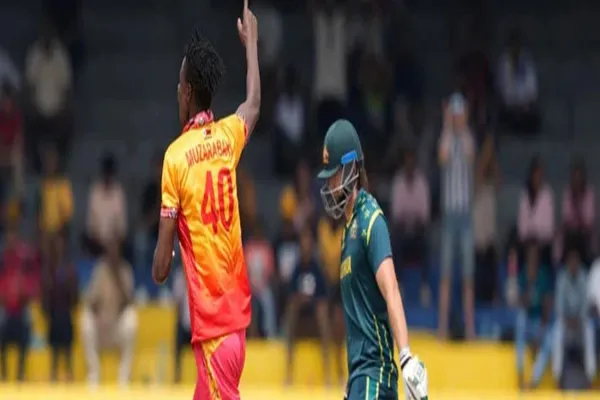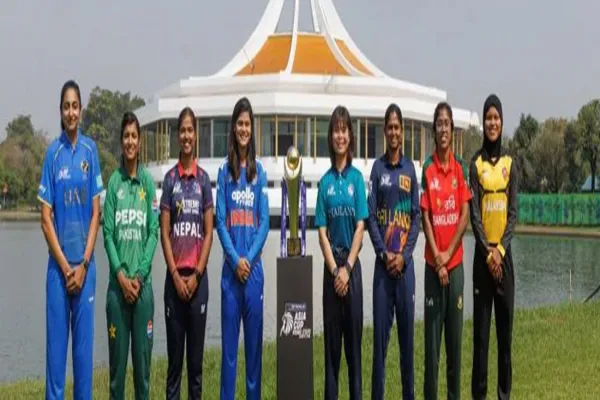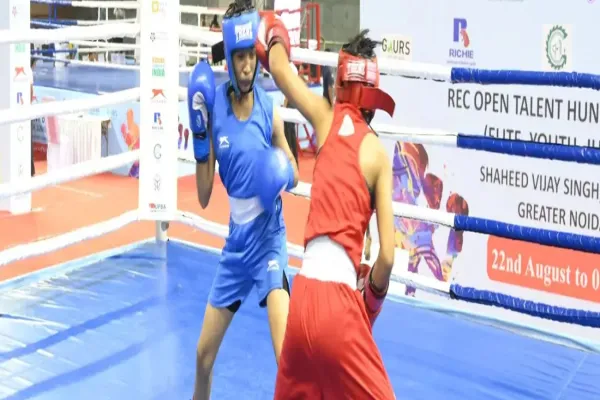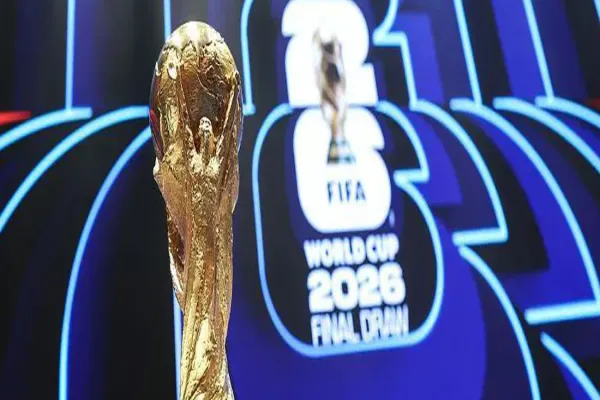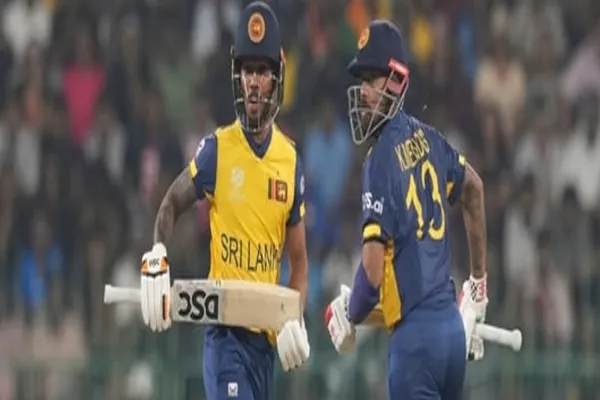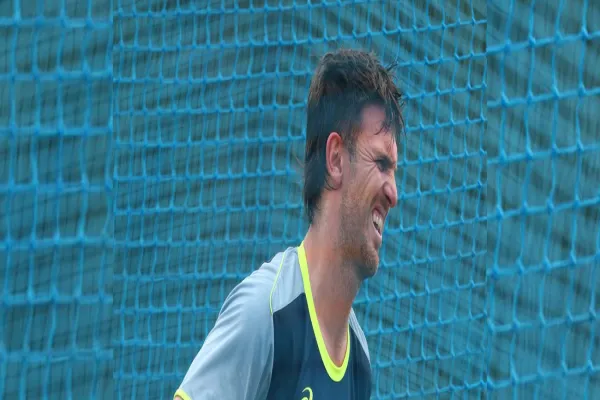i NEWS SPORTS
Henry Olonga, by his own admission, was never the greatest cricketer to play the game but the Zimbabwean fast bowler left an indelible mark on the Cricket World Cup of 2003. That was the year that he and teammate Andy Flower hit the front pages with their simple "Death of Democracy" protest against the authoritarian government of Robert Mugabe, spelling the end of both of their international playing careers. At the previous edition in 1999, Olonga wrote himself a different chapter on the field when he took three Indian wickets in one over to secure a wholly unexpected three-run win in Leicester.
The protest, however, was a different fox altogether. "I had nothing to gain," Olonga told in a Zoom interview from his home in Adelaide. "I had a decent lifestyle, I was paid well, I had some money stashed away, I had bought a house in Zimbabwe, a plot of land, I had a fiancee. Life was good. "But I felt a deep urge to do what we did because I believed in the cause. I still do." On the morning of Zimbabwe's opening match against Namibia, February 10, 2003, at the Harare Sports Club, Olonga and his white teammate Flower released a statement to the press saying they would be wearing a black armband for the duration of the World Cup.
"In doing so, we are mourning the death of democracy in our beloved Zimbabwe," it read. "We are making a silent plea to those responsible to stop the abuse of human rights in Zimbabwe. We pray our small action may help to restore sanity and dignity to our nation." It was an immensely brave thing to do in a country that was ruled by the iron fist of Mugabe who had been in power since 1980 and would retain it until he was removed and replaced by Emmerson Mnangagwa.
As the soldiers took up post around the boundary with their AK47s, the foreign press lapped it up with many proclaiming Flower and Olonga as heroes. Locally, however, it was met with mixed reactions, especially by other black Zimbabweans, something that still rankles with Olonga. "There's a sense of disappointment that our message wasn't really something that was possibly attainable," says Olonga. "We didn't change anything. We didn't transform the nation into this democratic fair country that we envisaged.
Credit: Independent News Pakistan (INP)




